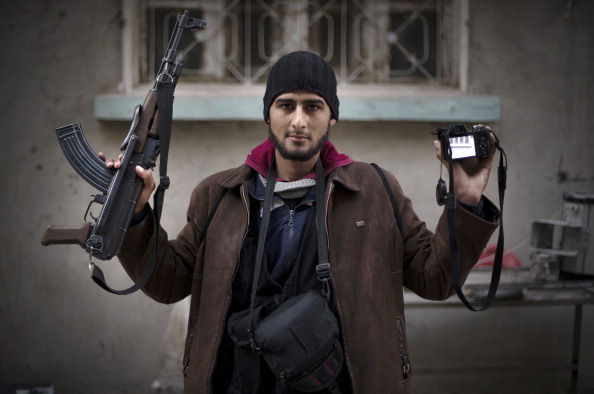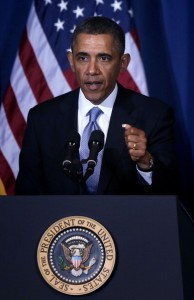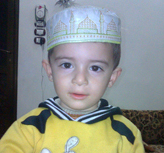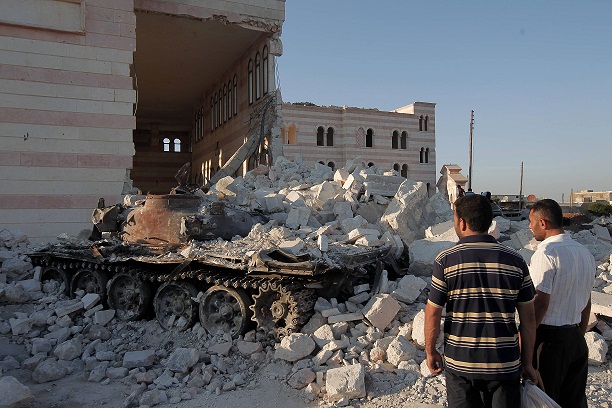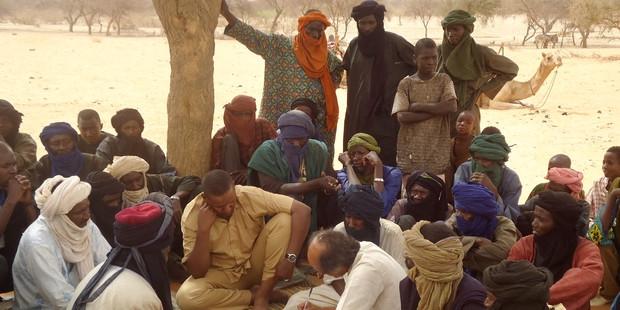
Delegates to the United Nations General Assembly after passing the first UN treaty regulating the international arms trade (Photo credit: Timothy A. Clary/AFP/Getty Images).
By Alberto Estévez, Amnesty International’s Advocacy Coordinator for the Arms
Trade Treaty
It was a special moment I’ll never forget.
On Wednesday, March 27, as I walked towards the UN official giving out copies of the Arms Trade Treaty (ATT), I held my breath wondering how the Golden Rule principle of “No Arms for Atrocities” had been worded in the final treaty text.
I glanced at the preamble, scope and implementation articles and rushed to read
articles 6 and 7, encompassing the Golden Rule. I read it again, in case I had
missed something. Then I had a look at the provisions on reporting, diversion
and how the treaty can be changed in the future. I took a deep breath and said
to myself: “Well done to Amnesty, we’ve got the Golden Rule in.”
